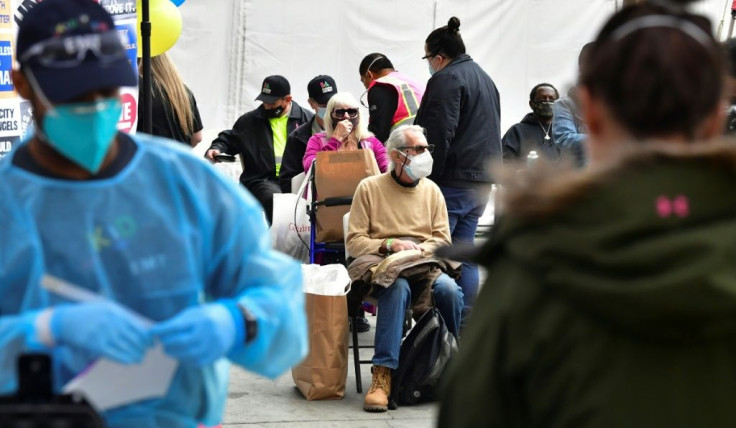COVID-19 Variants Can Reinfect Survivors, WHO Says
The WHO is warning that the South African COVID-19 variant can reinfect those who have recovered from the original strain of the novel coronavirus as well as those already vaccinated. Despite this, the World Health Organization still recommends that as many people as possible receive the vaccine to reduce the odds and severity of infection, CNBC reports.
The information comes from WHO chief scientist Dr. Soumya Swaminathan, who told reporters Friday that while the highly infectious variants can infect inoculated individuals, the vaccines still help.
“The [vaccine] trials that have been done so far in South Africa as well as in Brazil with different candidates have shown complete protection against severe disease and hospitalization and death. There hasn’t been a single case reported in any of the trials,” she said.
Vaccinated individuals also had diminished viral loads, making them less likely to infect the people around them.

Health officials stressed that vaccination alone will not be enough to stop the COVID-19 pandemic. Mask-wearing and hand-washing will remain essential to get the virus under control, but doctors are hopeful that expanded vaccination efforts and coming warmer weather will give struggling communities a boost.
European leaders cautioned their constituents that updated vaccines may be necessary to combat variants, even for those already inoculated. German Chancellor Angela Merkel said nationwide lockdowns would continue through March 7, NPR reports.
"We have to be extremely cautious that we don't get into this exponential growth spiral again," she said.
The leader added, "I really support the fact that when it comes to further openings and reopenings we've decided on the basis of these new mutations, not to give dates, but to give infection rates.”
© Copyright IBTimes 2024. All rights reserved.





















